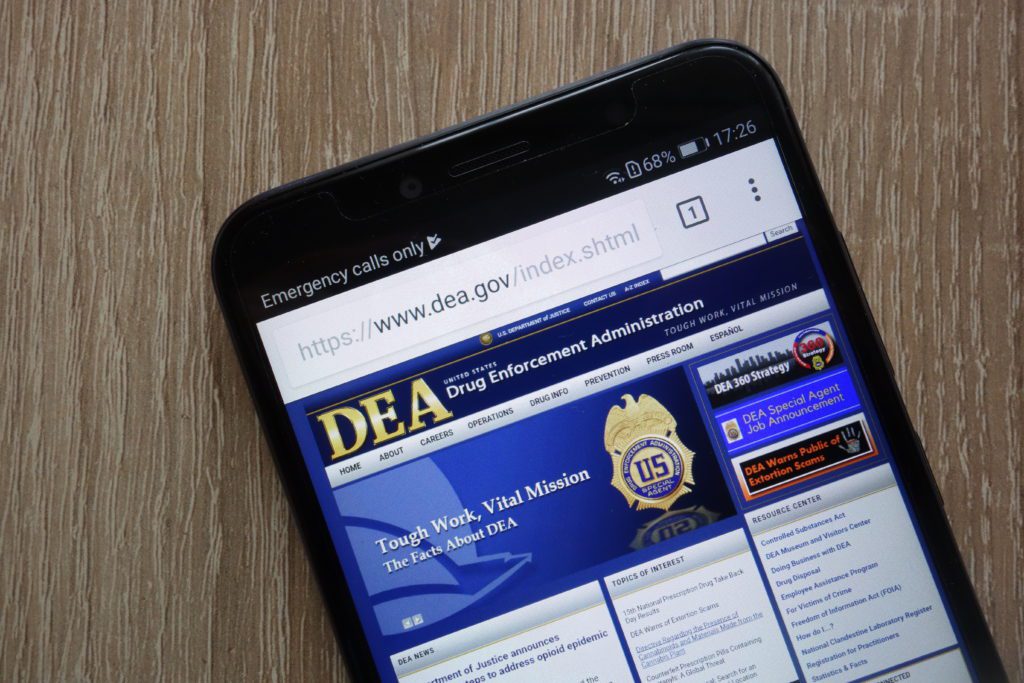
In an expected move yesterday, the U.S. Drug Enforcement Administration (DEA) says that two cannabinoids with a growing market presence do not meet the federal definition of legal hemp and are therefore considered illegal controlled substances.
Attorney Rod Kight inquired about the legal status of delta-8 THC-O and delta-9 THC-O with the federal agency last year and followed up earlier this month.
DEA sent a response letter on Monday, saying the two cannabinoids “do not occur naturally in the cannabis plant and can only be obtained synthetically, and therefore do not fall under the definition of hemp,” according to Marijuana Moment.
“Delta-9-THCO and delta-8-THCO are tetrahydrocannabinols having similar chemical structures and pharmacological activities to those contained in the cannabis plant,” the letter from Terrence L. Boos, chief of DEA’s Drug & Chemical Evaluation Section, continued.
Kight responded to DEA’s letter in a blog post on Monday, writing that “although I do not always agree with the DEA’s view on cannabis matters, I agree with this opinion and, frankly, am not surprised. This is what I have been saying for a while.”
“I have been concerned about the proliferation of THC acetate ester (THCO) for a while. It has always been my view that THCO is a controlled substance under federal law,” he said. “Although it can be made from cannabinoids from hemp, THCO is not naturally expressed by the hemp plant. It is a laboratory creation that does not occur in nature, at least not from the hemp plant.”

